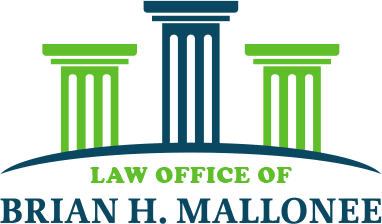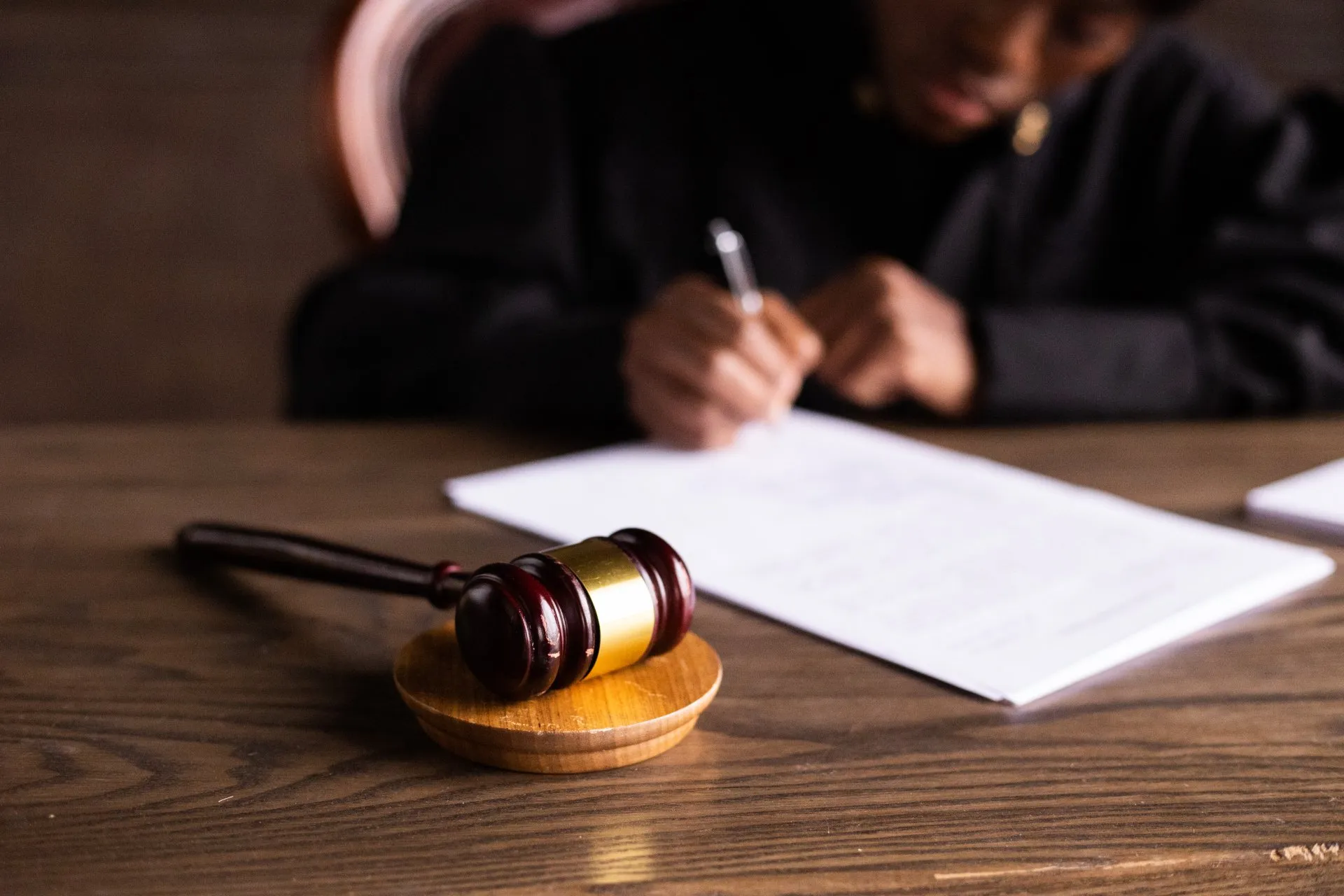November 22, 2022
United States v. Garcia, 2022 U.S. App. LEXIS 30825 *;
2022 WL 16739117, No. 21-11636 (filed November 7, 2022)
United States v. Okang, 2022 U.S. App. LEXIS 30927 *;
2022 WL 16758064, No. 22-10932 (filed November 8, 2022)
Our cases of the week show the importance of criminal defense lawyers staying up-to-date on federal law. Two decisions recently handed down by the U.S. Court of Appeals for the Eleventh Circuit, illustrate why defense counsel must always remain hypervigilant to meet their mandatory Constitutional duty to provide the accused the effective assistance of counsel.
Over a half-century ago, the U.S. Supreme Court already noted that the great majority of criminal prosecutions result in guilty pleas, see Santobello v. New York, 404 U.S. 257, 264, n.1 (1971) (“In 1964, guilty pleas accounted for 95.5% of all criminal convictions in trial courts of general jurisdiction in New York. In 1965, the figure for California was 74.0%. President’s Commission on Law Enforcement and Administration of Justice, Task Force Report: The Courts 9 (1967).”) Id. at 264 (“These ‘plea bargains’ are important in the administration of justice both at the state and at the federal levels and, as THE CHIEF JUSTICE says, they serve an important role in the disposition of today’s heavy calendars.”)
Given the prevalence of plea bargaining, one would think that counsel who advises a client to enter a guilty plea tainted by “blatant error,” fails to provide “effective assistance” during the plea negotiation. In Hill v. Lockhart, 474 U.S. 52, 58 (1985), the U.S. Supreme Court decided that the two-pronged test in Strickland v. Washington, 466 U.S. 668 (1984) also applies to advice given by counsel during the guilty plea negotiations. “[I]n order to satisfy the ‘prejudice’ requirement, the defendant must show that there is a reasonable probability that, but for
___________________
In order to succeed on a claim of ineffective assistance of counsel, a petitioner must show that (1) his counsel’s performance was deficient; and (2) that the deficient performance prejudiced his defense. Strickland.
counsel’s errors, he would not have pleaded guilty and would have insisted on going to trial.” Id.
A rational defendant would likely not “take a guilty plea” tainted by “blatant error” prejudicial to his interests. However, our cases of the week show that the current law of the Circuit holds that the “waiver of appellate rights” in negotiated pleas, which is routinely required by federal prosecutors in Florida, waives even “blatant error,” overlooking the line of cases which hold that ineffective assistance claims may be raised on direct appeal in those cases where the record is fully developed as to prejudicial error committed by defense counsel.
In our cases of the week, see United States v. Garcia, 2022 U.S. App. LEXIS 30825 *; 2022 WL 16739117, Case No. 21-11636 (filed November 7, 2022); United States v. Okang, 2022 U.S. App. LEXIS 30927 *; 2022 WL 16758064, Case No. 22-10932 (filed November 8, 2022), the Eleventh Circuit twice granted government motions to dismiss appeals based on the waiver of appellate rights included in plea agreements, relying in part on its prior opinion in United States v. Grinard-Henry, 399 F.3d 1294, 1296 (11th Cir. 2005) (“An appeal waiver includes the waiver of the right to appeal difficult or debatable legal issues or even blatant error”) (emphasis added).
It is interesting to note that the district court in Okang explained during the plea colloquy with the defendant that he could appeal only under three exceptions: (1) if he received an above-guidelines sentence; (2) if the government appealed; or (3) if he believed that his counsel had provided constitutionally ineffective assistance. Okang at **1-2. However, given that the law of the Circuit enforces the waiver of “even blatant error,” it arguably conflicts with the constitutionally required effective assistance of counsel, as an incompetent attorney who advises a defendant to waive “even blatant error” is “per se ineffective.”
Under Eleventh Circuit law, ineffective assistance of counsel claims are appropriate for disposition on direct review where blatant error appears on record. See United States v. Andrews, 953 F.2d 1312, 1327 (11th Cir. 1992) (ineffective assistance claims may be considered on direct appeal where there is sufficient evidence on the record to resolve the issue); see also United States v. Hamblin, 911 F.2d 551, 556 (11th Cir. 1990) (“the instant case is somewhat unusual because [a colloquy between the defendant, his attorney, and the court at trial] provides us with an adequate record for purposes of review”).
A Call to Arms
Our cases of the week show the importance of your criminal defense lawyer staying up-to-date on the law, mindful of the right to appeal from pleas and resulting sentences tainted by “blatant error” that violates the right to the effective assistance of counsel.
LIKE THIS BLOG POST? SHARE IT WITH THE WORLD

